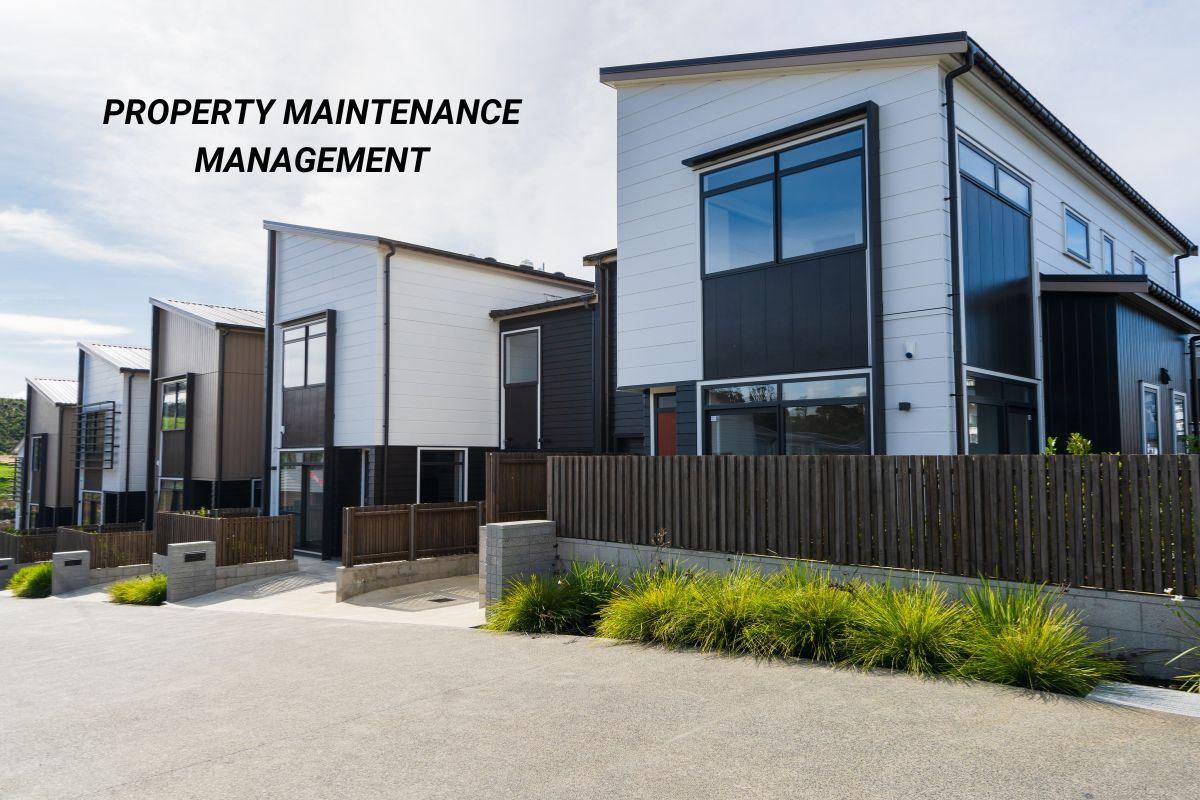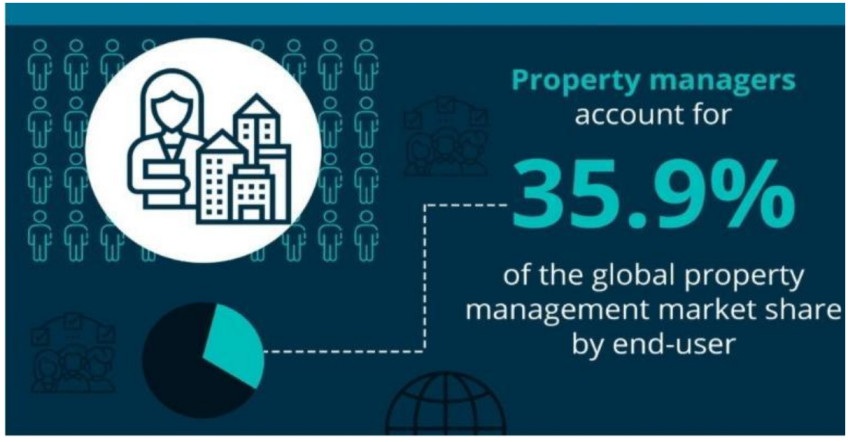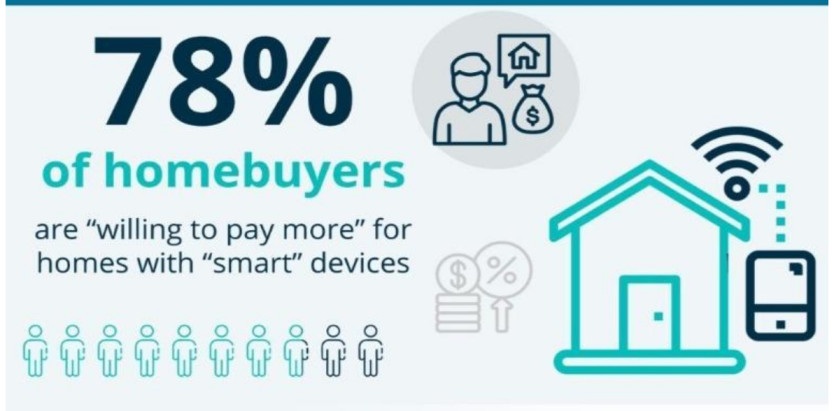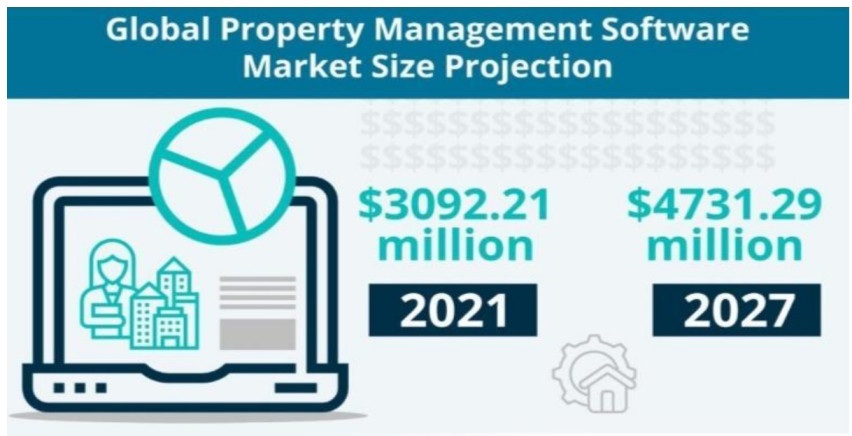Property Maintenance Management Best Practices
Discover the best property maintenance management practices to enhance property value, ensure tenant satisfaction, and streamline your management process.
In this article:
- Understanding Property Maintenance Management and its Value
- Maintenance Property Management Best Practices
- 1. Proactive Maintenance
- 2. Communicate Effectively
- 3. Pick a Quality Maintenance Management Software
- 4. Financial Transparency is Key
- 5. Robust Contractor and Vendor Management
- Streamline Maintenance Management with Itefy

Being a property manager is much more than buying a property and collecting rent from tenants. Commercial and residential property managers have much to deal with, from adapting to the ever-evolving property market to sustaining the occupants' needs.
With that, your properties require regular maintenance. Property maintenance management is a legal responsibility and is often the most stressful part of being a property manager. As this market continues to grow, with projected revenues of $36.4 billion by 2028, the competition has never been more intense.
So, how can you maintain your property to retain its value and satisfy occupants with your services? This write-up will explore the most valuable maintenance management practices to help you become a dynamic property manager.
Understanding Property Maintenance Management and its Value

Property managers are an integral asset of the property management industry.
Before discussing the best practices, it is crucial to understand property maintenance, its mechanisms, and how it is an integral part of being a property manager.
Property maintenance refers to the regular upkeep and repair of real estate assets to keep them functional, safe, and valuable. It is an umbrella term that includes multiple tasks and practices to optimize a property's condition while following all the relevant regulations and standards.
Here are a few prominent aspects of residential property maintenance:
- HVAC system maintenance and repairs
- Landscaping and ground maintenance
- Pest control programs
- Fire safety system maintenance and repairs
- Plumbing system maintenance and repairs
- Electrical system seamless operability and safety checks
- Elevator and escalator inspections
- Waste management and recycling systems
Property managers are the focal point of these activities, as tenants directly report to them. In response, they hire maintenance staff and specialized contractors to keep properties in shape.
Maintenance Property Management Best Practices
So, what does a quality property maintenance management program look like? Let's answer this question in detail by discussing the most effective property maintenance practices.
1. Proactive Maintenance
Any capable property manager knows that smaller issues can turn into bigger problems if not addressed in a timely manner. Preventative maintenance ensures that you spend a small amount to offset problems that could require far more financial resources in the future.
Here are a few things property managers can add to their maintenance strategy:
- Smart homes are growing and are expected to hit the 400 million mark in 2024, so adopting the Internet of Things (IoT) should be an integral part of property maintenance. IoT makes your properties much more energy efficient and safer and improves the tenant experience.
- Transitioning to sustainable energy sources makes perfect sense in the era of green energy. You can install solar panels and green roofing to increase property value and make it more sustainable.
- Keep up with tenant demands and market trends to ensure your maintenance strategies align with the current and projected demands.

Smart homes are more valuable than traditional properties.
You shouldn’t think about these upgrades as unnecessary expenses; they are valuable investments that pay off in the long run. They attract more tenants, raise the value of your properties, and earn you stable revenue streams.
2. Communicate Effectively
Open and transparent communication is a critical part of any property maintenance management strategy. The property manager must establish open communication channels with tenants and contractors so that everyone stays updated on the maintenance status.
The best communication systems for this job are maintenance management software, mobile apps, and online portals that allow tenants to submit requests and track the status of their repairs in real-time. These systems help establish a positive relationship with tenants and foster mutual trust.
3. Pick a Quality Maintenance Management Software
Using the latest technological tools for property maintenance management should be a no-brainer. The most important among them is maintenance software, which lets you eliminate manual data entry. It streamlines and optimizes every aspect of property maintenance by handling repetitive tasks, measuring performance, recording warranties and costs, and much more.

The global property management market is experiencing healthy growth.
Here are more reasons why using a maintenance management software for your property makes sense:
- It allows property managers to automate and streamline scheduling tasks.
- You’ll get automated reminders and alerts whenever maintenance is due.
- The software provides a centralized database to keep a detailed record of your previous services.
- Quality property management software helps allocate resources and utilize supplies efficiently.
4. Financial Transparency is Key
Like other businesses, property managers should check their financial situation at the end of each year. This lets them evaluate their financial performance in the previous year and prepare a workable budget for the new year. Since property management software records total income and expenses, it provides a clear and accurate picture of their financial condition.
Your job is to analyze the data and understand which property maintenance activities and upgrades contributed most to a positive tenant experience and resulted in higher profits. This cost-benefit analysis helps you determine which upgrades are worth their cost. It also enables you to make critical decisions for next year, such as which contractors to work with, whether you need to add to your staff and the viability of expanding your property portfolio.
5. Robust Contractor and Vendor Management
As a property manager, you must provide your tenants with the best possible maintenance services. That is why it's critical to collaborate with reliable contractors and vendors to ensure your properties stay problem-free. Quality contractors are known for delivering services to the highest possible standards, from repairs to landscaping to pest control.
Following are some key contractor and vendor management strategies that successful property managers rely on:
- Conduct thorough background checks and vetting.
- Establish clear performance metrics and expectations so that both parties have mutual criteria for success.
- Ensure accountability and prevent confusion by implementing contracts with all details from pricing to scope of work.
- Gather tenant feedback and regularly evaluate the performance of contractors to maintain excellent service quality.
- Develop a robust, professional, and trustworthy relationship with contractors and vendors so that you can smooth any hindrances and work with them in the long run. This will also get you some much-welcome discounts.
Streamline Maintenance Management with Itefy
Conclusively, property maintenance and management comes down to choosing quality management software, future-proof technological tools, maintaining clear communication channels, and hiring the best contractors. Deploying robust management software is the most valuable practice, as it makes all other strategies work together seamlessly.
Itefy’s Accommodation Property Management Software is the best choice for property managers looking to improve their performance. With its cloud property database that you can easily access and update from any device, maintenance scheduling, and issue tracking, you're getting a comprehensive program to keep your properties in optimal condition.
You can try it for free for the first 14 days without providing any credit card details. After the free trial, you can choose a bundle that suits your needs.
Frequently Asked Questions
-
The primary purpose of property maintenance is to ensure that your real estate assets and surroundings stay in excellent condition. It includes several practices, such as waste management, pest control, HVAC regulation, electrical system checks, and much more.
-
A property manager has several critical responsibilities, such as taking care of property, satisfying tenants, conducting robust background checks on contractors, collecting rent, budgeting, and other similar tasks.
-
The most common maintenance issues reported by property managers are faulty electrical wiring, roof leaks, sewage leaks, broken flooring, dysfunctional HVAC systems, and the like.
